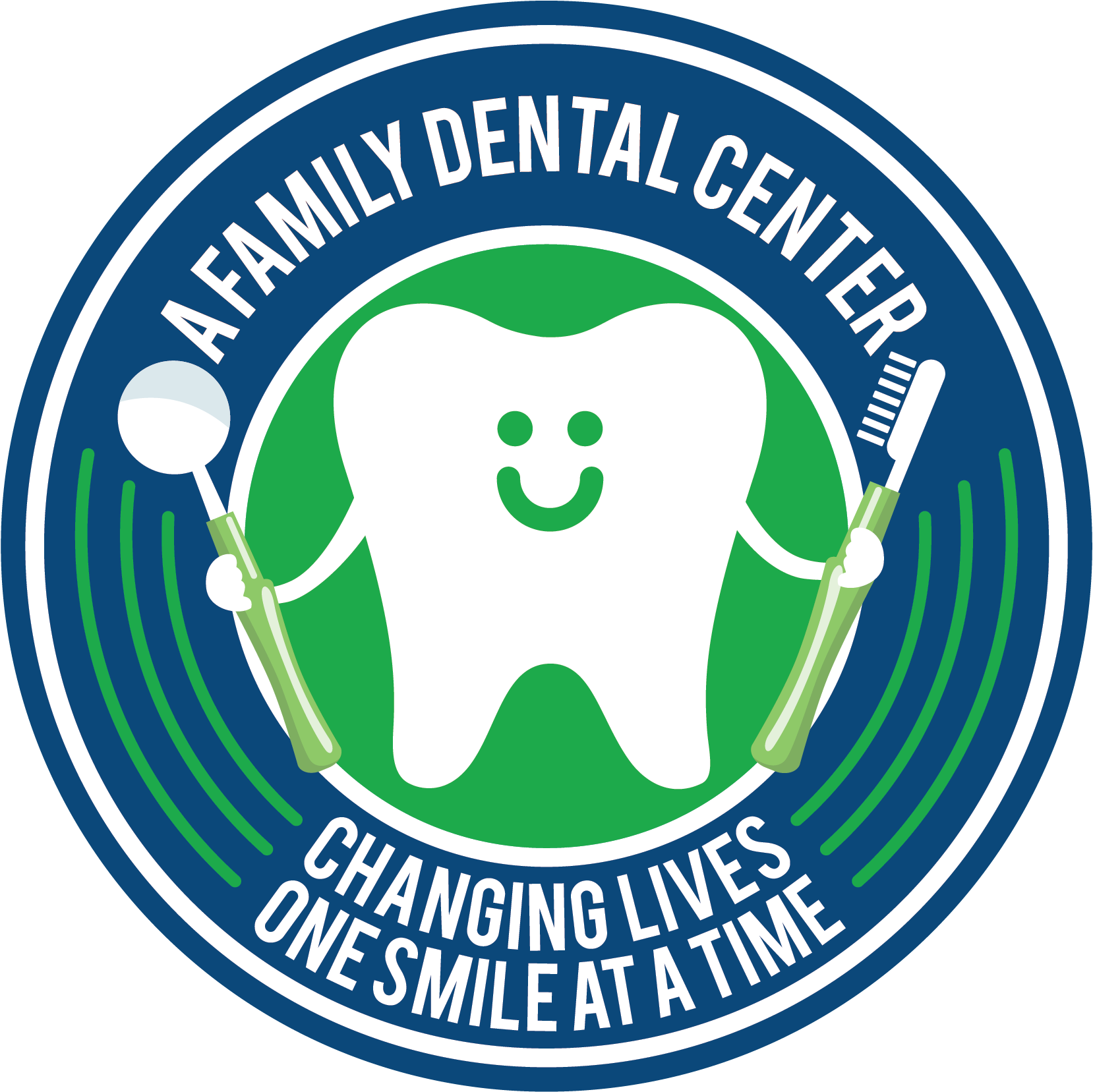
Taking Care of Your Dental Implants After Surgery
Do you want your dental implants to be healthy and last long? You should follow the guidelines your dentist provides after surgery. After successful surgery for dental implants in Kennewick, WA, our dentist will give you tips on how you will take care of your implants. The dentist will also provide you with information that will speed up recovery.
Some of the dental implants aftercare guidelines are short term while others are long term especially, maintenance ones.
Short-Term Aftercare Instructions
Getting dental implants is only the beginning of restoring your smile and teeth functions. Recovery and get used to your implants is another step of the process. Your dentist provides you with short-term instructions for fast recovery. The recovery tips include:
Controlling Bleeding
After surgery, the site tends to bleed. If you don’t control bleeding, the blood clot might not form, leading to profuse bleeding. Therefore, the dentist recommends you place clean gauze over the site of surgery. He or she will then ask you to bite down the gauze over the socket for an hour.
In case of excessive bleeding, you can bite down on a moistened tea bag instead. The tannic acid in tea will constrict blood vessels and make it easier for blood clots to form.
Also, our dentist at Family Dental advises you to avoid unnecessary movements to prevent bleeding. Right after surgery, you should do the following:
- Sit upright
- Stay calm
- Avoid any physical exercise
You should also avoid bending, lifting heavy objects, using a straw while drinking, forceful spitting, and smoking. Other than preventing blood clotting, smoking hinders healing.
Pain Management
Right after the effects of anesthesia subside, you are likely to experience pain. In such cases, you can place an ice pack on your face over the site of surgery.
Also, you can use painkillers. The most popular painkillers are Ibuprofen, Advil, and Aleve. However, the above painkillers can interfere with your osseointegration process. Therefore restorative dentistry providers in Kennewick, WA, recommend Tylenol as the best post-surgery pain reliever.
You can take the pain reliever just before the effects of anesthesia wear off if you are experiencing severe discomfort. When taking the painkillers, ensure you follow the instructions provided by the doctor or the manufacturer. Most of the time, you are only allowed to take the medications after 6 hours.
Minimizing Bruises and Swelling
Bruises and swelling appear right after surgery. Sometimes bruises might appear around your nose as a result of sinus lifting. Discoloration tends to form on the sites of bruising but disappear on their own.
For swellings, you can place a cold compress over the site of swelling for at least 15 minutes repeated for 48 hours. Also, your dentist at Family Dental Center can prescribe over the counter anti-inflammatory drugs. However, you should use the drugs cautiously since some can hinder your healing process.
Rest
After successful dental implant surgery, you can go back to work the next day. However, you can take a few days off if your job requires strenuous activity. Also, avoid physical exercise for a week right after surgery.
Long Term Care and Maintenance
Long term care involves care after full recovery. The long term aftercare guidelines involve the following:
Oral Hygiene
Good oral hygiene is essential in maintaining the health of your teeth. First, the tissues around your implant are susceptible to infections if you do not practice good oral hygiene.
During the first days, you can brush your teeth, leaving out the site of surgery. Alternatively, you can use antiseptic mouth rinses. Once your implants have fully recovered, ensure you brush your teeth twice daily and floss at least once in a day. You can also visit your oral hygienist regularly for professional cleanings to prevent the accumulation of plaque on your crown or discoloration.
Diet
Right after surgery, your dentist will ask you to eat soft foods or chew with the sides with your natural teeth. However, once you are fully healed, you can chew on hard foods that will not cause your damage your dental implants
Also, you can avoid colored food and drinks to prevent staining on the crowns. Your dentist will also ask you to:
- Avoid using tobacco products
- Do not bite on hard foods
- Use a mouthguard when playing contact sports
In case of any complications, you can contact our dentist for professional help.
